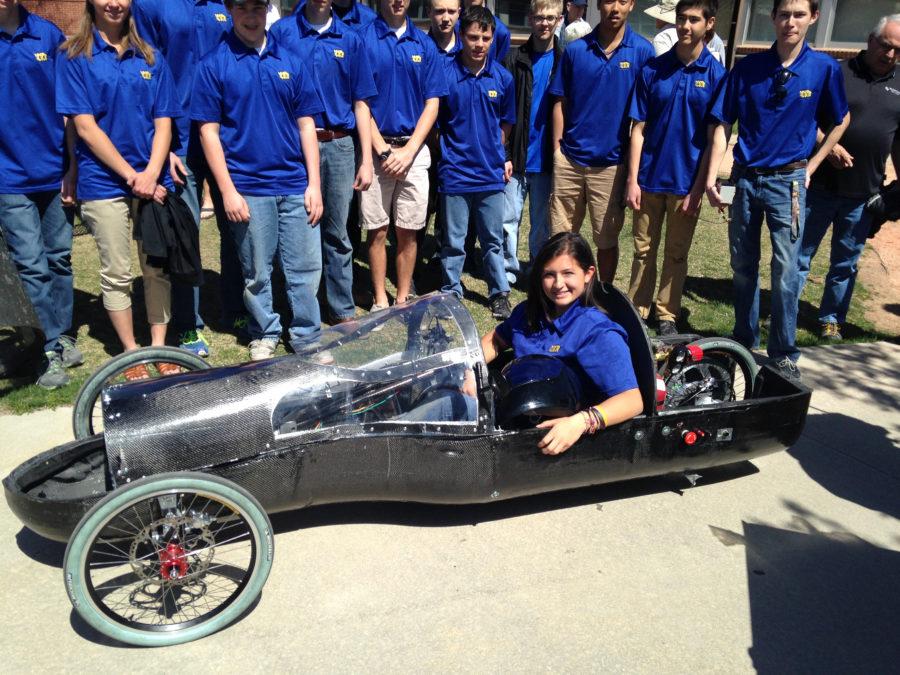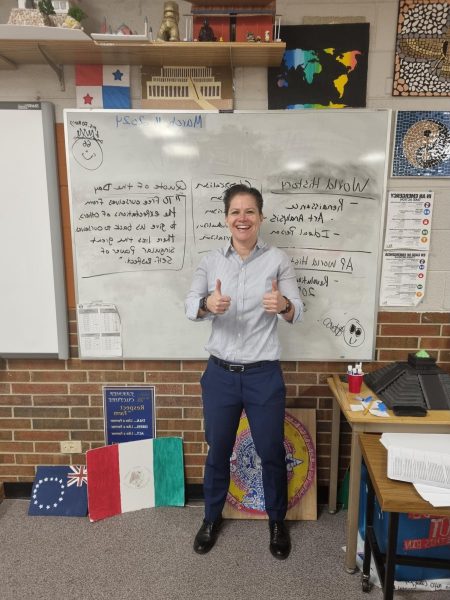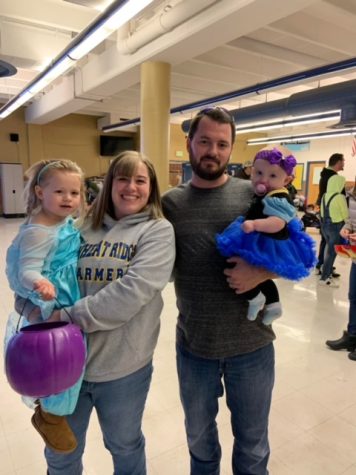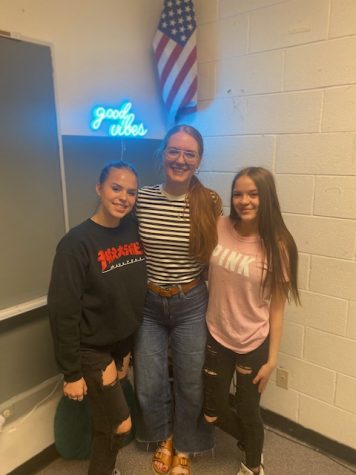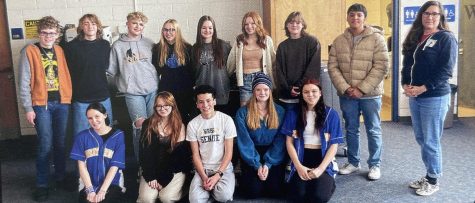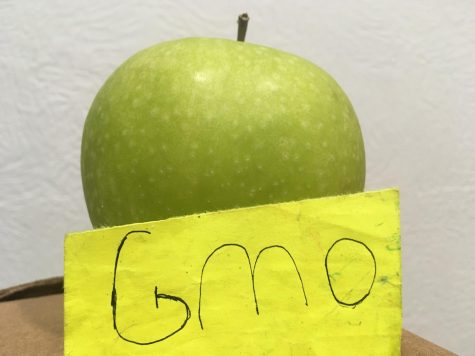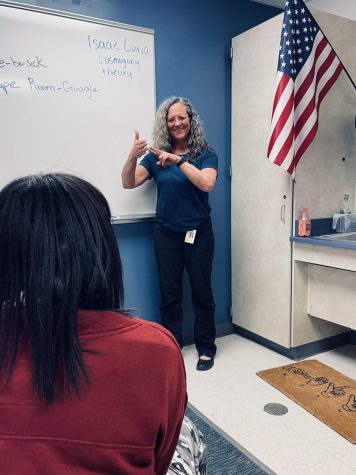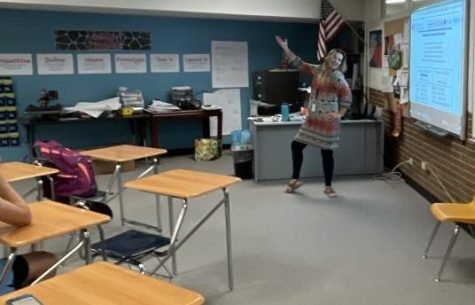Ever Expanding STEM Takes on Five Project
February 2, 2017
By Rachel Vigil
As the second semester begins here on The Farm, the Science Technology Engineering and Math, or STEM, team is kicking it into high gear as they continue to work on their five projects.
Moving from the primarily design-driven first semester to the more hands-on-labor intensive second semester, the team hopes to finish all of its projects on time.
Beginning as a small group of 16 students in the 2014-2015 school year, they took on one project, a prototype car for the Shell Eco Marathon in Detroit. After taking first place in that competition, STEM has rapidly expanded and now has upwards of 60 students while attempting to tackle five long term projects.
STEM is continuing with their tradition of sending a prototype car to compete in the Shell Eco Marathon, as they have done every year. However, they are also working on an urban concept car that will not compete this year but rather in the 2018 marathon. The team working on the prototype will be heading out to Detroit in April for their competition, which takes place on the April 27-30.
STEM is also branching out into several new projects that they were not involved with in years past. One of these is the NASA Human Exploration Rover Challenge, where students are tasked with constructing a planetary rover that is powered only by humans and not by any external fuel source. This competition takes place from March 30 to April 1 in Alabama at the U.S. Space & Rocket Center.
There is also the Solar Car Challenge in Fort Worth Texas that will take place in July from the 15-22. This competition entails building and racing a solar powered vehicle and encourages students to explore the possibilities of alternate fuel sources to power vehicles.
Finally, they will also be participating in the inaugural year of the High School Colorado Human Powered Vehicle League led by the University of Colorado Denver. Since it is hosted by an in-state school, there will be no need for the team to travel out of the state for this one. It will take place on April 22.
STEM’s head, science teacher Chuck Sprague, says how they do in their competitions depends on how much work the students put into it. “We’re not behind yet,” he said. “The next month will tell us if we’re going to make it or not.” The separate groups and projects occasionally run into trouble figuring out who is going to use the lab and when, since the STEM team only has access to one relatively small workspace to accommodate five projects.
In terms of long term goals for the program, Sprague says that other than the two year long work on the urban concept car, “The hopes now are that the kids just keep learning. We’re onto the manufacturing now… So we’ll make them, troubleshoot and race them.”

